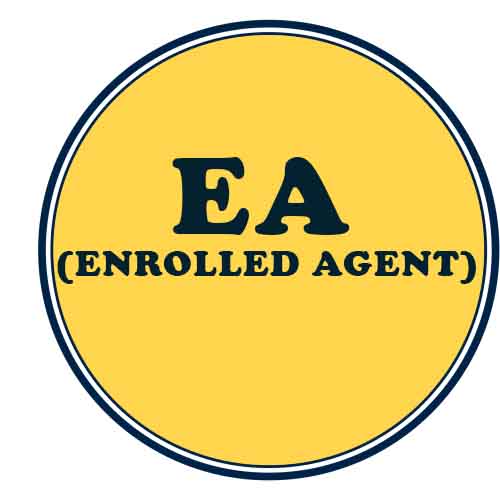The path to becoming an Enrolled Agent (EA) involves acquiring the necessary skills and knowledge to provide tax services. However, before embarking on this journey, it is essential to understand the eligibility criteria for an EA course. Additionally, candidates must be aware of the fees associated with pursuing such a course. In this article, we will explore the requirements for enrolling in an EA course and delve into the various fees that aspiring EAs need to consider.
Eligibility for EA Course
To pursue an EA course, candidates must fulfill specific eligibility criteria. These requirements typically include educational qualifications and/or professional experience in the field of taxation. Here are some key factors to consider:
- Educational Background: Most EA courses require candidates to possess a minimum of a high school diploma or equivalent. Some programs may have additional prerequisites, such as a bachelor’s degree in accounting or a related field. However, it is important to note that a college degree is not a mandatory requirement for all EA courses.
- Professional Experience: Many EA courses also consider professional experience in taxation as an essential requirement. This can include work as a tax preparer, bookkeeper, or other roles involving tax-related responsibilities. The exact duration and nature of the experience may vary depending on the course and institution.
- IRS-Specific Requirements: The Internal Revenue Service (IRS), the governing body responsible for EA certification, has its own set of eligibility requirements. These requirements include passing a comprehensive IRS examination that covers various aspects of federal tax law. Candidates must also pass a background check conducted by the IRS.
Fees Associated with EA Course
When considering an EA course, candidates must be aware of the fees involved. These fees cover different aspects of the course and certification process. While the exact amount may vary depending on the institution and location, the following are common fees associated with pursuing an EA course:
- Tuition Fees: The most significant cost associated with an EA course is the tuition fee. This EA course fees covers the instructional material, access to study resources, and guidance provided by the institution. The tuition fee can vary based on factors such as the reputation of the institution, course duration, and teaching methodology.
- Exam Fees: To become an EA, candidates must pass a series of exams administered by the IRS. These exams have their own fees, which are separate from the tuition fees. The examination fee covers the cost of processing the exam application, test administration, and scoring. It is important to budget for these fees when considering the overall cost of pursuing an EA course.
- Study Materials and Resources: Preparing for the EA exams requires study materials and resources. These include textbooks, online resources, practice exams, and review courses. While some institutions may include these materials in their tuition fees, others may require candidates to purchase them separately. It is essential to inquire about the availability and cost of study materials before enrolling in an EA course.
- Membership Fees: Joining professional organizations related to taxation, such as the National Association of Enrolled Agents (NAEA), can provide valuable networking opportunities and resources. However, these organizations often charge membership fees. While membership is not mandatory to become an EA, it can offer benefits such as access to continuing education programs and professional support.
Conclusion
Becoming an Enrolled Agent requires meeting specific eligibility criteria and successfully completing an EA course. Candidates must have the necessary educational background or professional experience in taxation. Furthermore, aspiring EAs need to be aware of the fees associated with pursuing an EA course, including tuition fees, exam fees, study materials, and potential membership fees. By understanding the eligibility requirements and budgeting for the fees, individuals can make informed decisions and pave the way toward a successful career as an Enrolled Agent.

